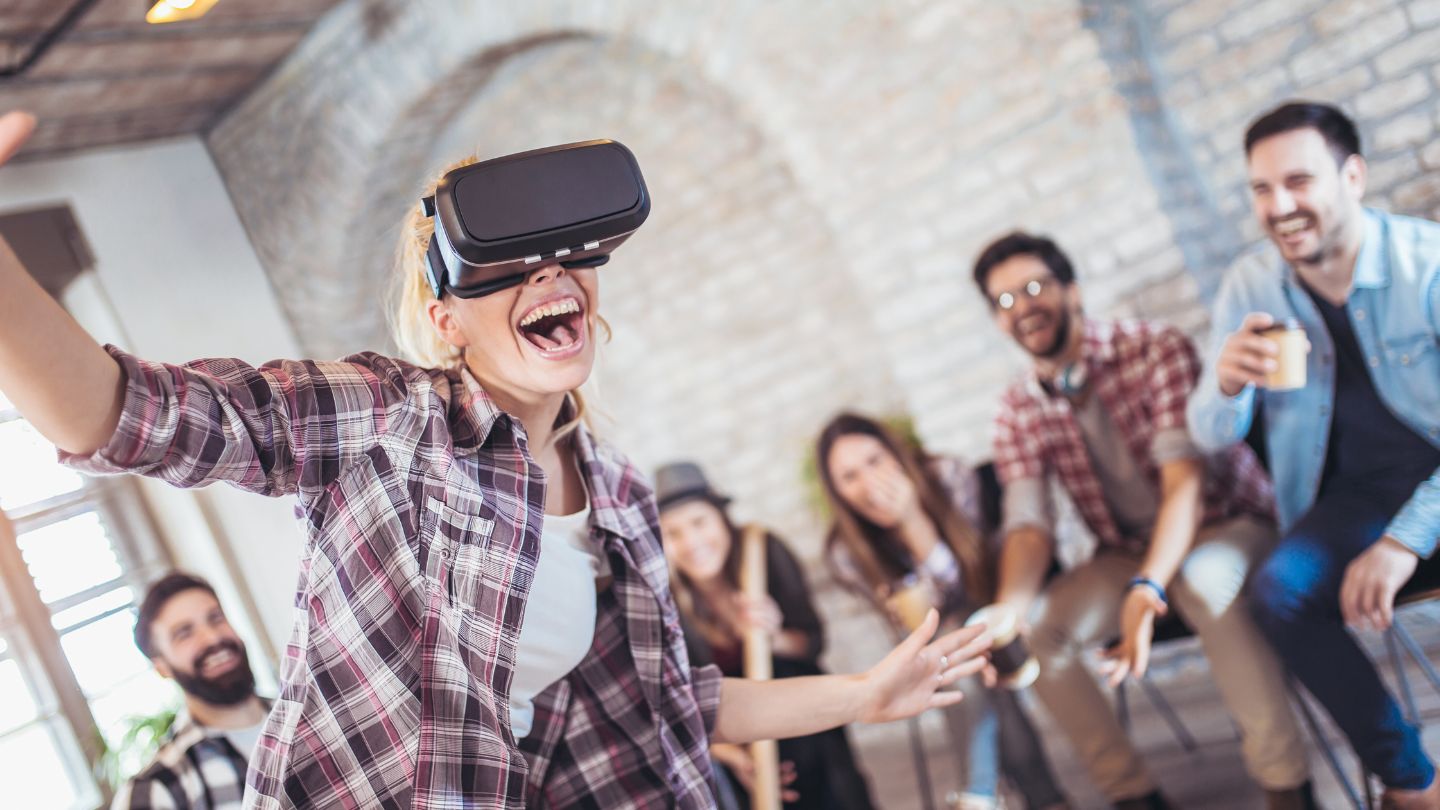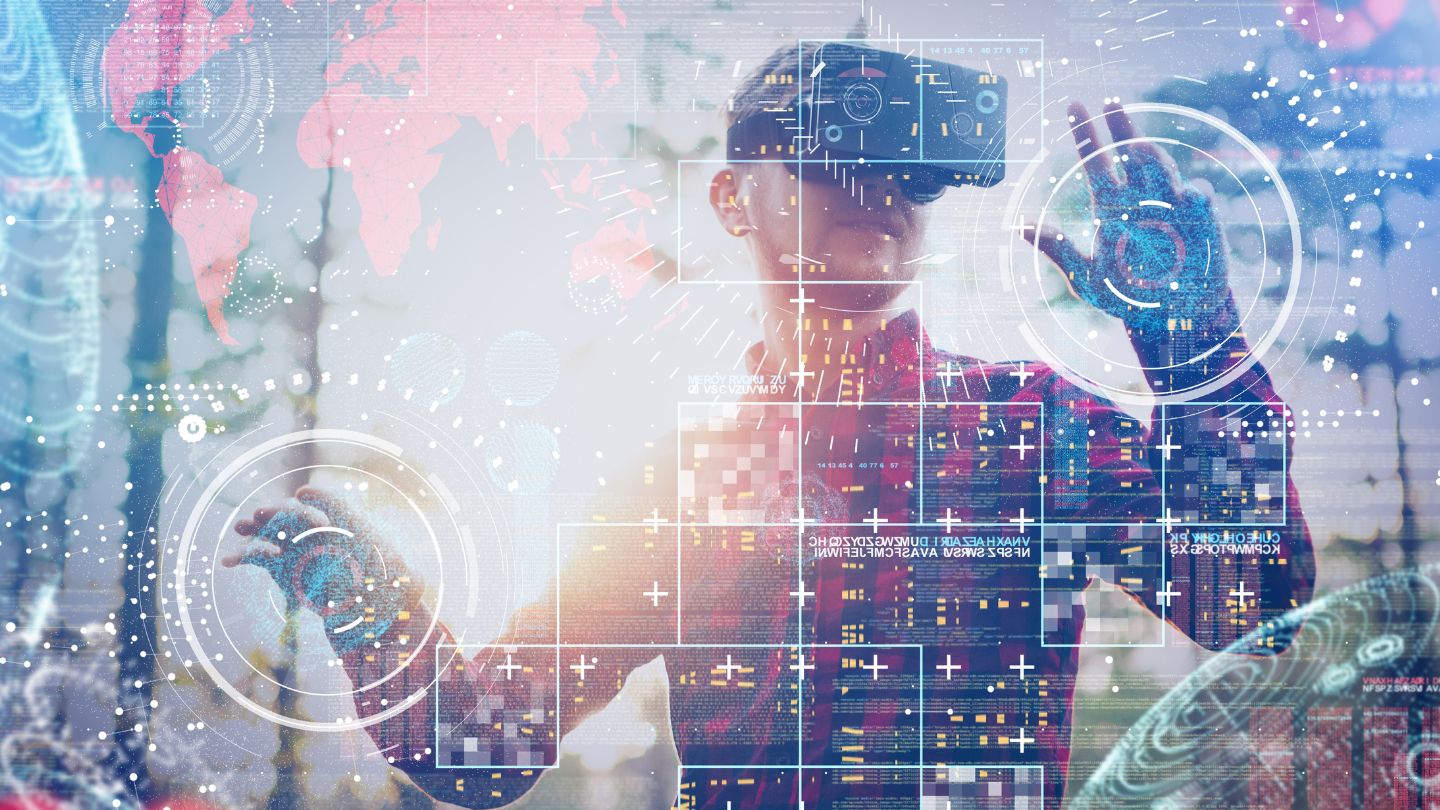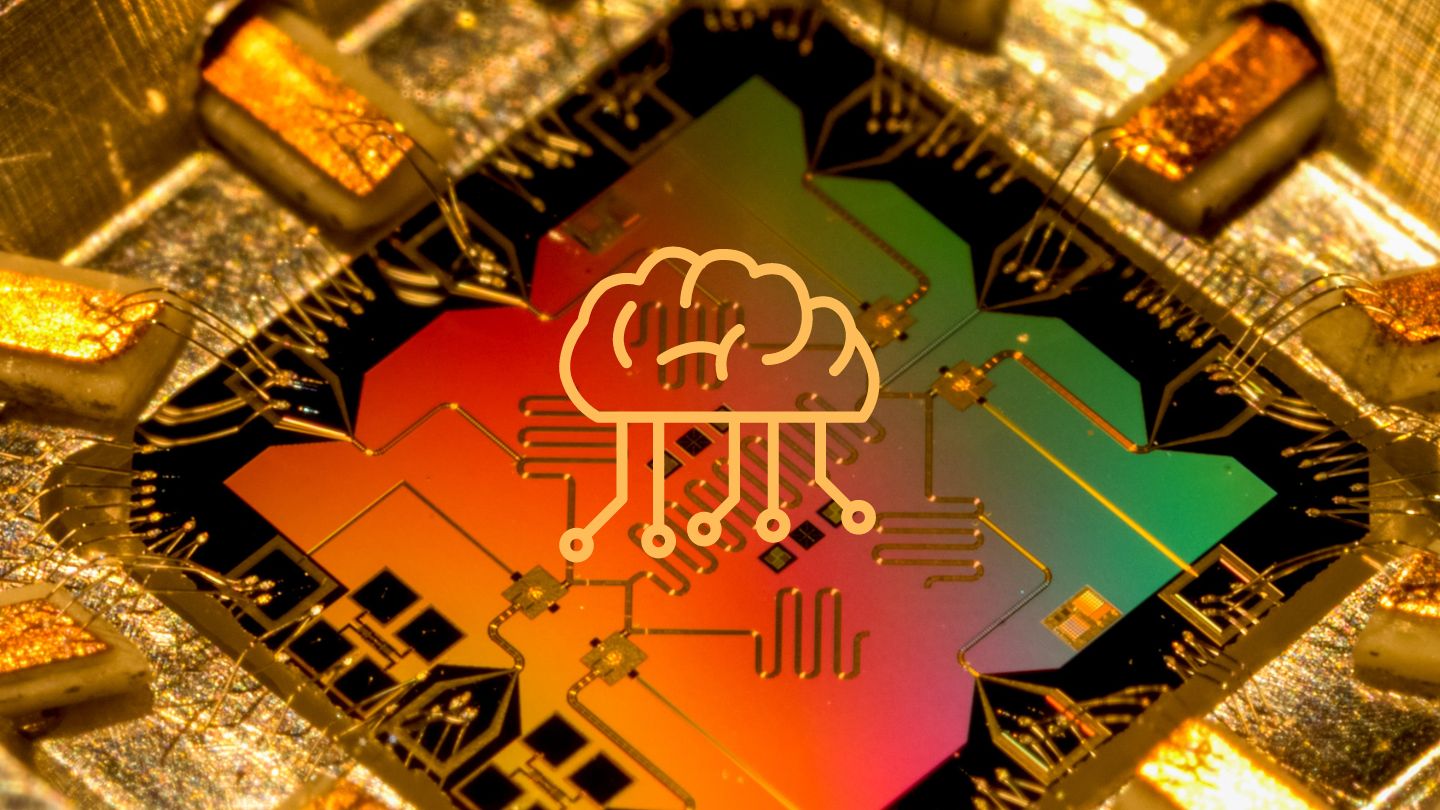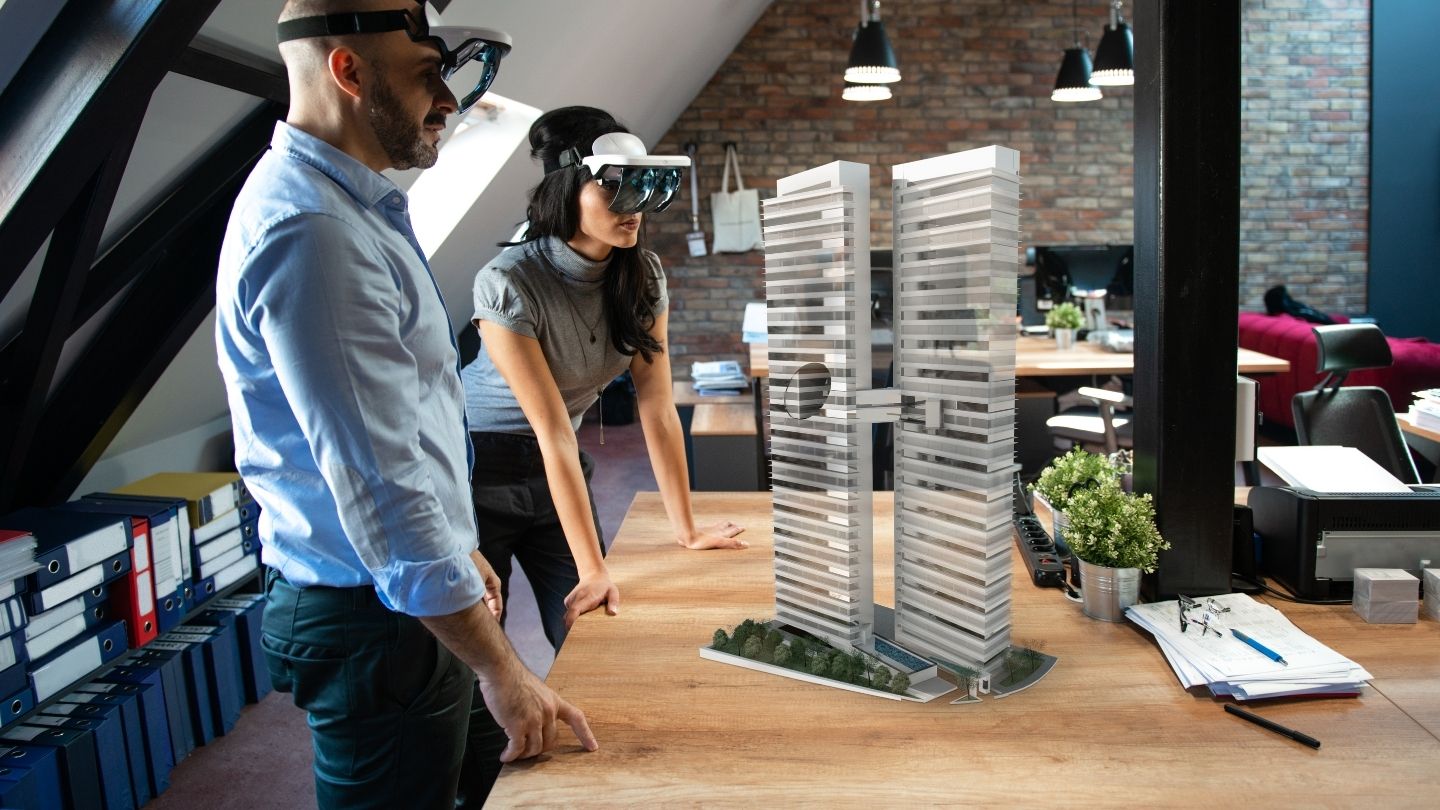Virtual reality (VR) has emerged as a revolutionary technology that is changing the way we experience our surroundings. Its impact is truly transformative across diverse sectors such as healthcare, entertainment, education, and more. This article will delve into the various ways VR is reshaping industries and altering the landscape of our day-to-day lives.
Healthcare Industry: Healing Beyond Traditional Methods
The healthcare industry has greatly benefited from virtual reality technologies. By creating immersive environments, it helps medical professionals gain practical knowledge and observe real-life situations without risking patient well-being. Simulated surgeries, for instance, allow aspiring surgeons to hone their skills before entering the operating room. Patients can also access pain management programs using VR, enabling them to overcome pain more effectively.
Treatment for Psychological Disorders
One crucial aspect of VR in healthcare is its application in treating psychological disorders like anxiety, post-traumatic stress disorder (PTSD), and phobias. Through exposure therapy, patients face their fears with VR simulations, learning to manage their symptoms better. The efficacy of this approach has resulted in an increase in therapies utilizing virtual reality.
Entertainment Industry: Expanding Realities
While virtual reality’s impact on the gaming sector is well known, there are other areas within the entertainment industry where VR has made significant strides. For example, filmmakers are now providing moviegoers with immersive experiences through 360-degree films, offering an entirely new dimension of storytelling. Locations that were once out of reach, such as outer space or the deepest parts of the ocean, have become accessible to audiences through these virtual environments.
Live Performances and Events
Virtual reality has brought a unique twist to live performances and events. Music concerts, theater productions, and sports games can be experienced in immersive 360-degree environments that transport the viewers right into the heart of the action. This has opened up new revenue streams for event organizers and has expanded accessibility for audiences globally regardless of physical limitations.

Educational Sector: Immersive Learning Environments
Education is another area profoundly impacted by virtual reality technologies. VR enables students to interact with their learning environment directly, resulting in more engaging lessons and better knowledge retention. Students no longer need to rely solely on textbooks or lectures; they can now delve into comprehensive simulations that facilitate deeper understanding of complex concepts, giving them an enhanced learning experience.
Professional Training and Skill Development
In addition to academic applications, VR is heavily utilized in professional training across multiple industries, including manufacturing, management, design, build, and training. Workers can improve their skills by interacting with realistic simulations, thus increasing efficiency and reducing errors faced in real-life situations. This not only results in cost savings for companies but also enhances employee skill sets and expertise.
Real Estate: Digital Property Tours
Virtual reality has transformed the way potential homeowners explore and purchase properties. Digital property tours allow buyers to visit numerous locations without even stepping out of their homes. Agents can showcase properties using immersive 360-degree visuals, enabling clients to make informed decisions from the comfort of their own abode. These digital tours have also proven to be eco-friendly as they reduce travel requirements and save time.
The Design and Construction Process
VR technology plays a vital role in the design and construction process by allowing architects and engineers to visualize spaces before they are built. This helps them identify and rectify potential issues in the planning phase itself, avoiding costly mistakes during construction.
Retail: Virtual Shopping Experiences
Virtual reality is reshaping the retail industry by offering customers an interactive shopping experience. They can try on clothes and accessories through virtual avatars or even walk through virtual store aisles. The added flexibility and convenience of these experiences have led to an increase in customer satisfaction and sales for retailers that adopt this technology.
Virtual Showrooms and Product Presentations
VR has played a significant role in streamlining product presentations through virtual showrooms. Prospective buyers can now explore products from any location, eliminating geographical barriers and providing companies with a broader audience reach. Additionally, immersive product demonstrations help potential clients better understand how products function, leading to an increased likelihood of purchase.
The Future of VR: Unbounded Potential
As technology progresses, we can expect virtual reality to continually change various industries. Its limitless potential will continue to disrupt traditional processes by enhancing user experiences, increasing efficiency, and offering access to new worlds like never before. As VR continues to evolve, its impact will only become more profound, transforming our understanding of reality and shaping the way we interact with the world around us.





